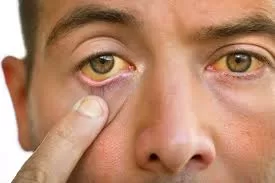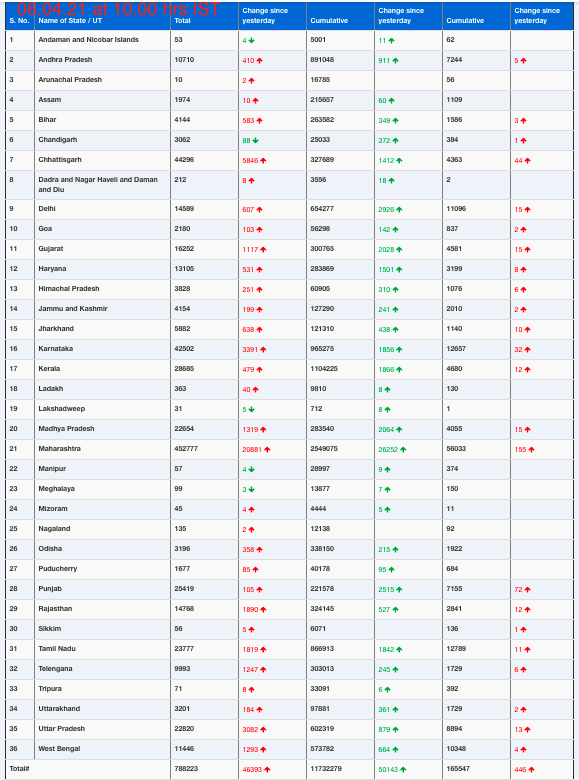21 November 2024 – Jaundice, characterized by the yellowing of the skin and eyes, is a condition caused by elevated bilirubin levels in the blood. With a recent surge in acute hepatitis cases leading to jaundice, understanding this condition has become crucial for early diagnosis and effective treatment.
Causes of Jaundice
While jaundice is often associated with liver diseases, it can arise from a variety of conditions. Key causes include:
- Liver Diseases: Hepatitis, both infective (hepatitis A, B, C, E) and non-infective, is a primary cause. Chronic liver conditions like cirrhosis and tumors in or spreading to the liver can also lead to jaundice.
- Non-Liver Causes:
- Increased destruction of red blood cells.
- Genetic disorders affecting bilirubin metabolism.
- Obstruction of the bile duct due to gallstones or tumors.
Symptoms to Watch For
Jaundice may present with other symptoms that offer clues to its underlying cause, including:
- Fever, vomiting, and loss of appetite.
- Abdominal pain and itching.
- Dark-colored urine.
- Swelling in the legs and abdomen.
The severity of jaundice ranges from self-limiting cases to life-threatening conditions, making timely medical attention essential.
Why Prompt Medical Care is Critical
When symptoms of jaundice appear, it is vital to consult a doctor rather than resorting to home or alternative remedies. Proper diagnosis, including blood tests and scans, can pinpoint the exact cause and guide appropriate treatment, which varies significantly based on the underlying condition.
Importance of Nutrition During Recovery
Patients recovering from jaundice need a diet rich in easily digestible carbohydrates and proteins to support liver healing. Restrictive or unscientific dietary practices can hinder recovery. Balanced nutrition plays a vital role in providing the energy needed for the liver to repair itself.
Conclusion
Jaundice is more than just a symptom; it can be an indicator of serious health issues. Understanding its causes and symptoms, coupled with timely medical intervention and proper care, can ensure better outcomes and prevent complications. If you or a loved one notice signs of jaundice, don’t delay—seek medical advice promptly.












